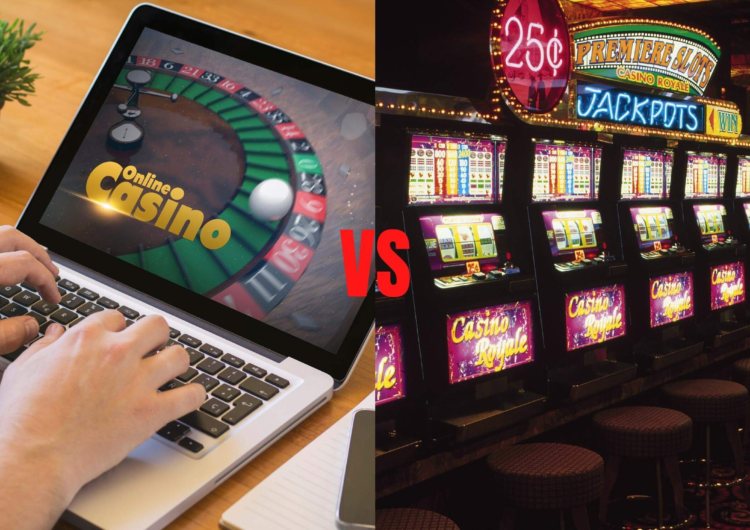In a world increasingly driven by digital experiences and online entertainment, traditional casinos continue to hold a unique and magnetic charm. These vibrant establishments, often characterized by their opulent interiors, bustling gaming floors, and a palpable sense of excitement, offer an experience that is difficult to replicate in the virtual domain. For many, a visit to a traditional casino is not merely about gambling; it is about the atmosphere, the social experience, and the myriad forms of entertainment available.
The Historical Roots of Traditional Casinos
The concept of the casino as a dedicated space for gambling dates back centuries, with some of the earliest examples emerging in 17th century Italy. The word “casino” itself is derived from the Italian word “casa,” meaning house, and initially referred to small country villas or social clubs where people gathered for leisure activities, including gambling.
The modern casino as we know it began to take shape in the 19th century, with iconic establishments such as the Casino de Monte-Carlo in Monaco and the Casino di Venezia in Italy setting the standard for elegance and luxury. These early casinos were not just gambling halls but also cultural hubs, hosting concerts, theatrical performances, and other forms of entertainment.
The Atmosphere and Experience
Walking into a traditional casino is an experience that engages all the senses. The bright lights, the sounds of slot machines, the clinking of chips, and the palpable energy of anticipation create an atmosphere that is both exhilarating and immersive. The decor often features lavish elements such as chandeliers, plush carpets, and intricate architectural details, contributing to an overall sense of opulence.
One of the most compelling aspects of traditional casinos is the social element. Unlike online gambling, which is a solitary activity, traditional casinos offer opportunities for social interaction. Whether it’s chatting with fellow players at a poker table, cheering alongside others at a roulette wheel, or simply people-watching, the communal aspect adds a layer of enjoyment that is hard to find elsewhere.
Variety of Games
Traditional casinos offer a wide range of gaming options to suit all tastes and skill levels. Classic table games such as blackjack, roulette, and baccarat are staples, each with its own set of rules and strategies. Poker rooms often attract serious players and offer various formats, from Texas Hold’em to Omaha.
Slot machines, with their flashing lights and enticing sounds, are another major draw. These games of chance come in countless themes and variations, from classic three-reel machines to complex video slots with multiple paylines and bonus features.
For those seeking something different, many traditional casinos also offer specialty games such as craps, keno, and bingo. High-rollers can often find exclusive salons or VIP areas where they can wager large sums in more private and luxurious settings.
Beyond Gambling
Modern traditional casinos have evolved to become comprehensive entertainment complexes. Many feature world-class restaurants, offering everything from casual dining to gourmet cuisine prepared by renowned chefs. Bars and lounges provide spaces to relax and enjoy a drink, often with live music or DJ performances.
The Economic Impact
Traditional casinos play a significant role in the economy, providing jobs and generating substantial tax revenues. They often serve as major tourist attractions, drawing visitors from around the world and contributing to the local hospitality and service industries. In many regions, the presence of a casino has spurred development and revitalization, transforming areas into bustling commercial hubs.
Challenges and the Future
Despite their enduring popularity, traditional casinos face challenges. The rise of online gambling platforms offers a convenient alternative, and younger generations may be less inclined to visit physical casinos. Additionally, regulatory changes and economic fluctuations can impact the industry.

However, traditional casinos have shown remarkable resilience. By continually evolving and adapting to changing tastes and technologies, they remain relevant. Innovations such as integrating digital technology into gaming experiences and enhancing non-gambling amenities ensure that traditional casinos continue to attract and entertain a diverse clientele.
Conclusion
Traditional casinos offer an experience that is rich in history, atmosphere, and social interaction. They are more than just places to gamble; they are destinations that provide a wide range of entertainment and leisure activities. As they continue to adapt to the changing landscape, traditional casinos are likely to remain a cherished part of the entertainment industry for years to come.


